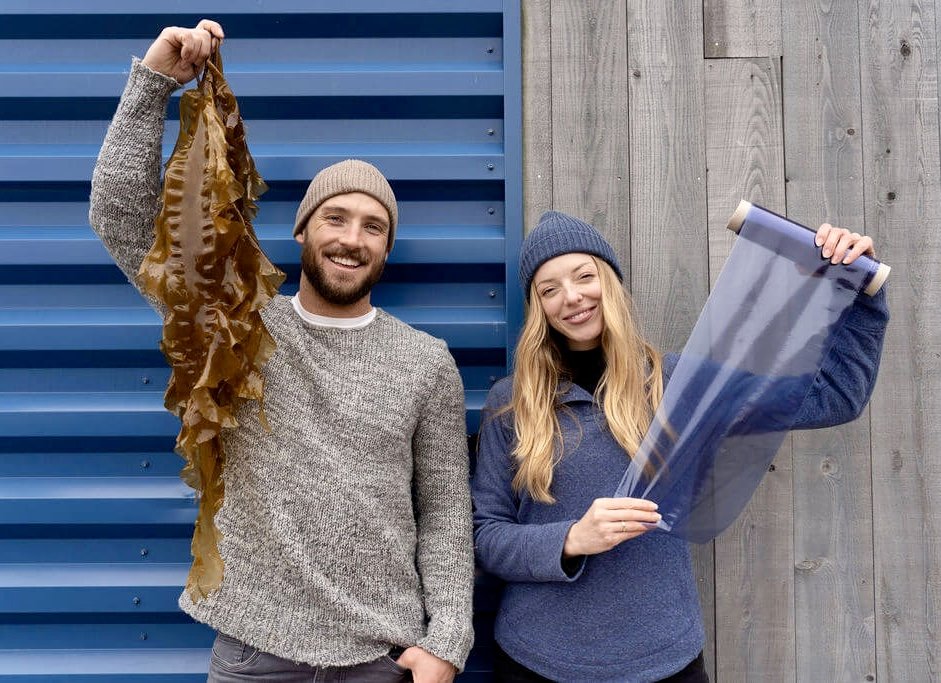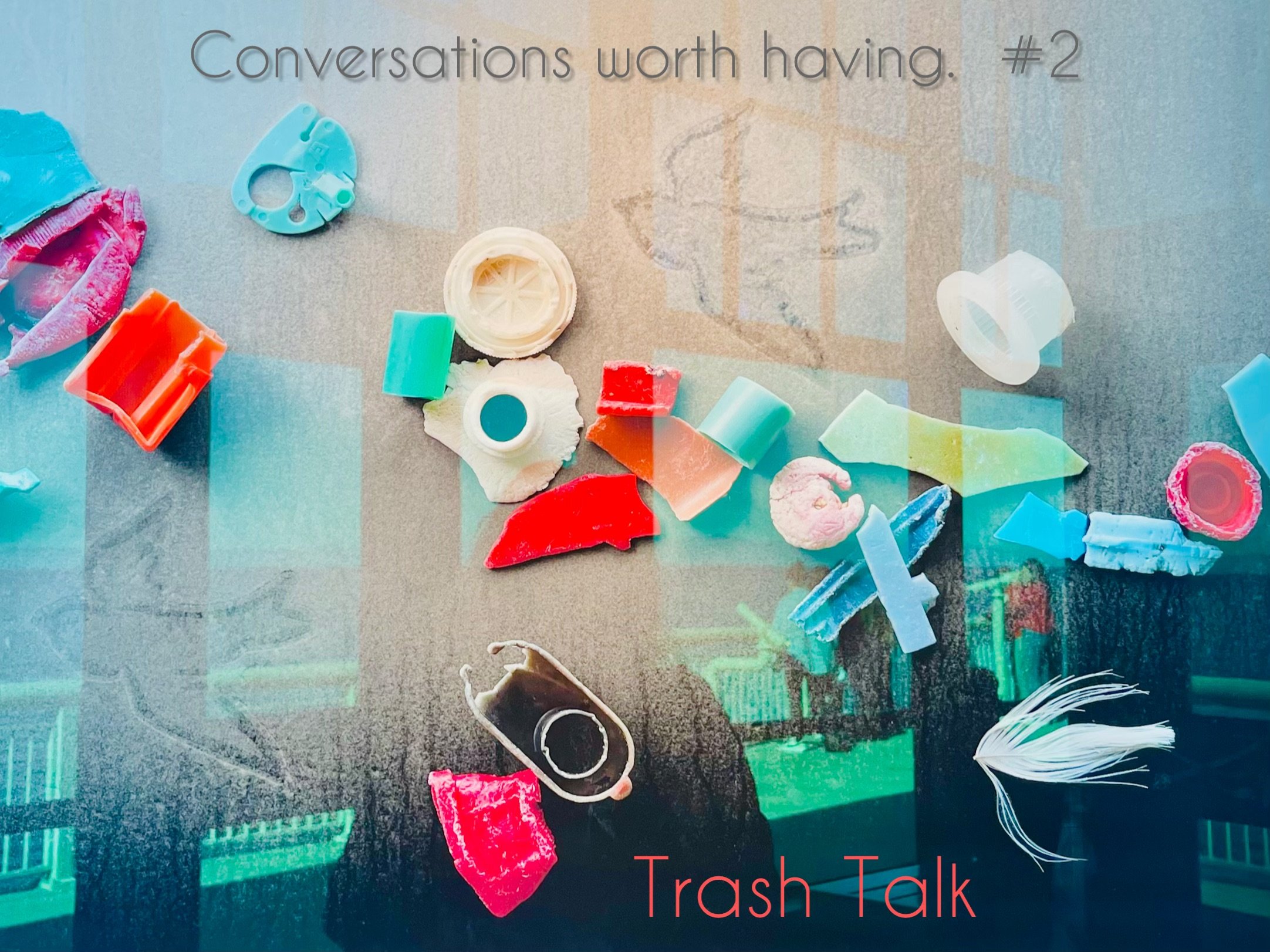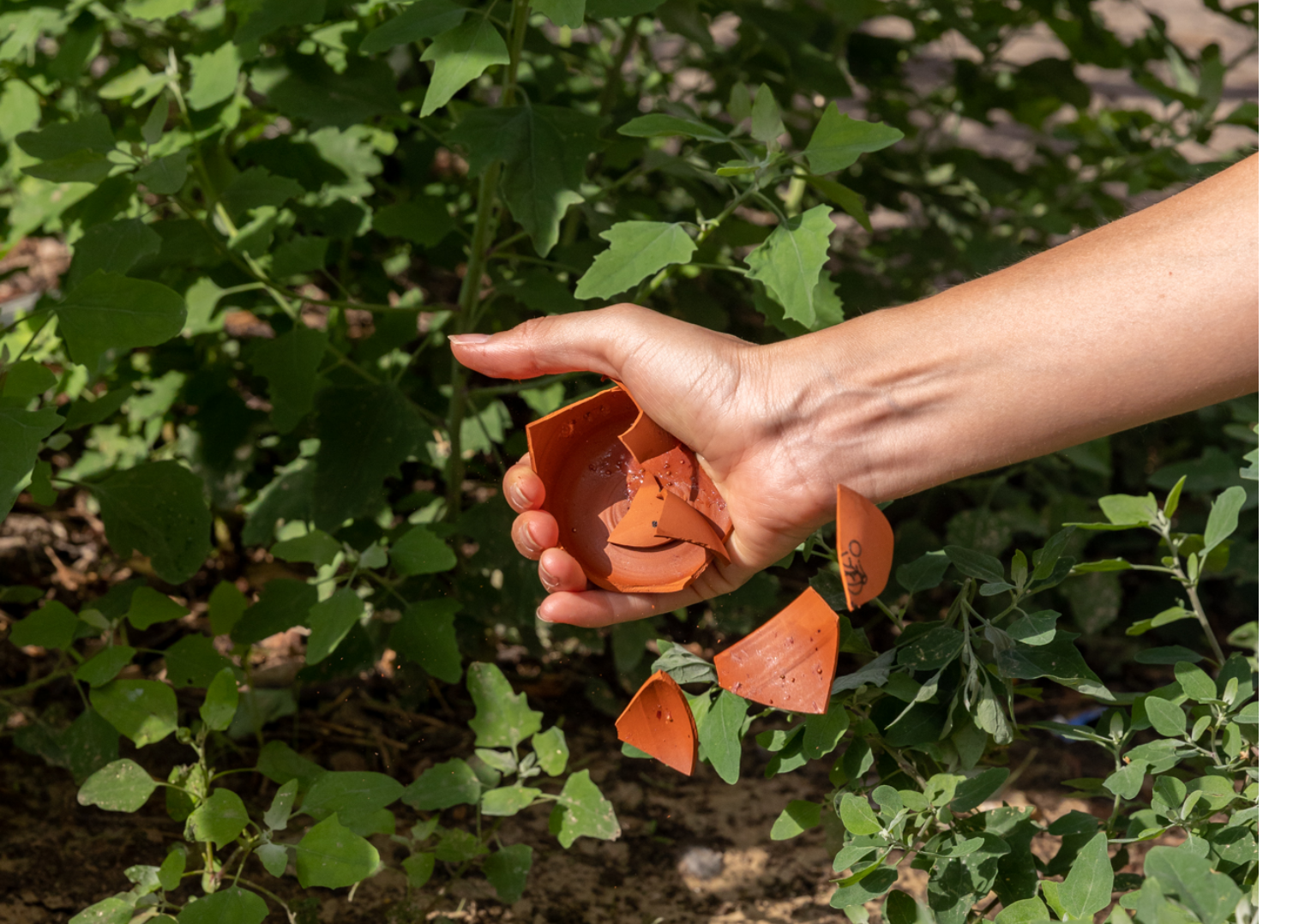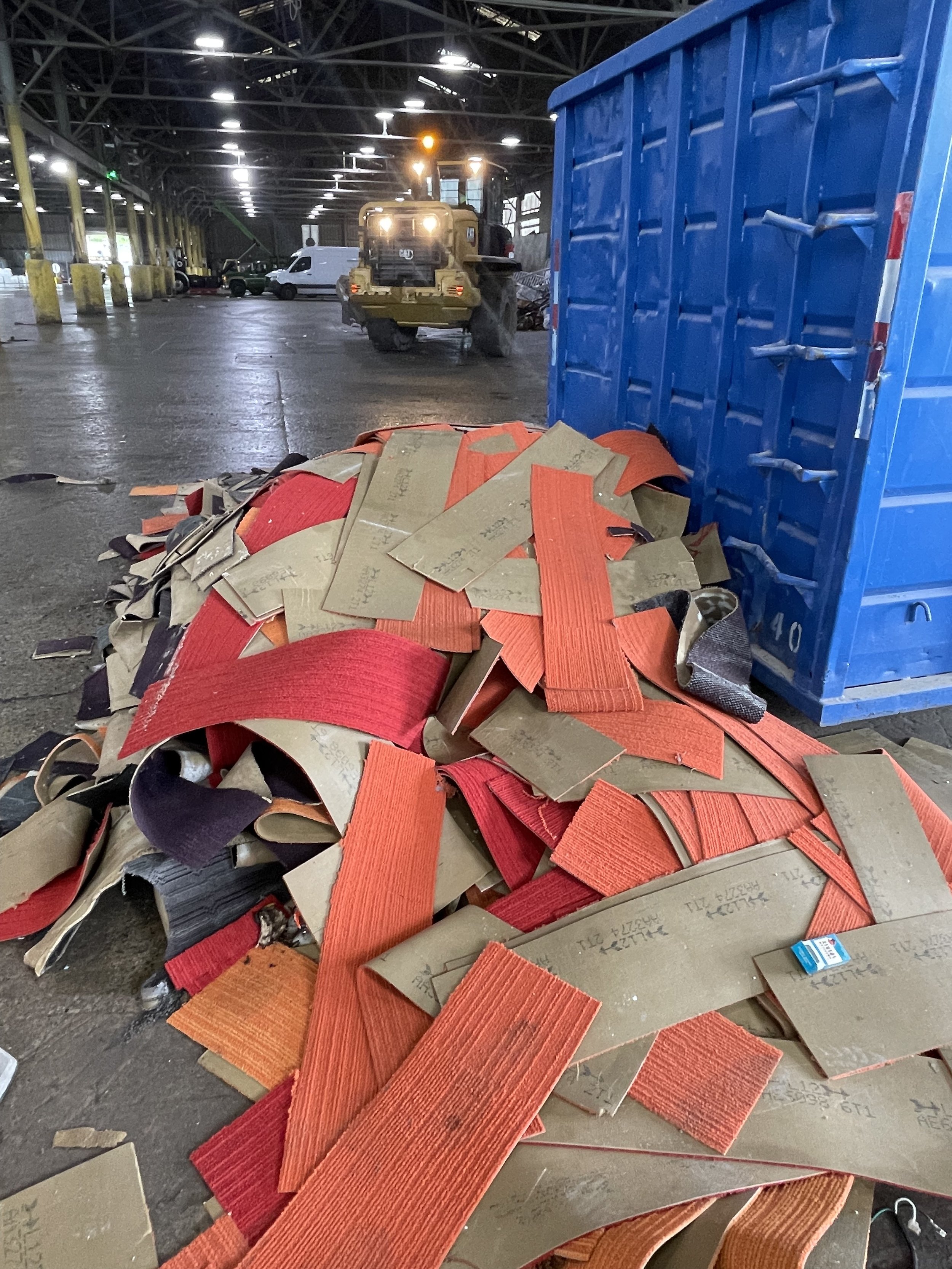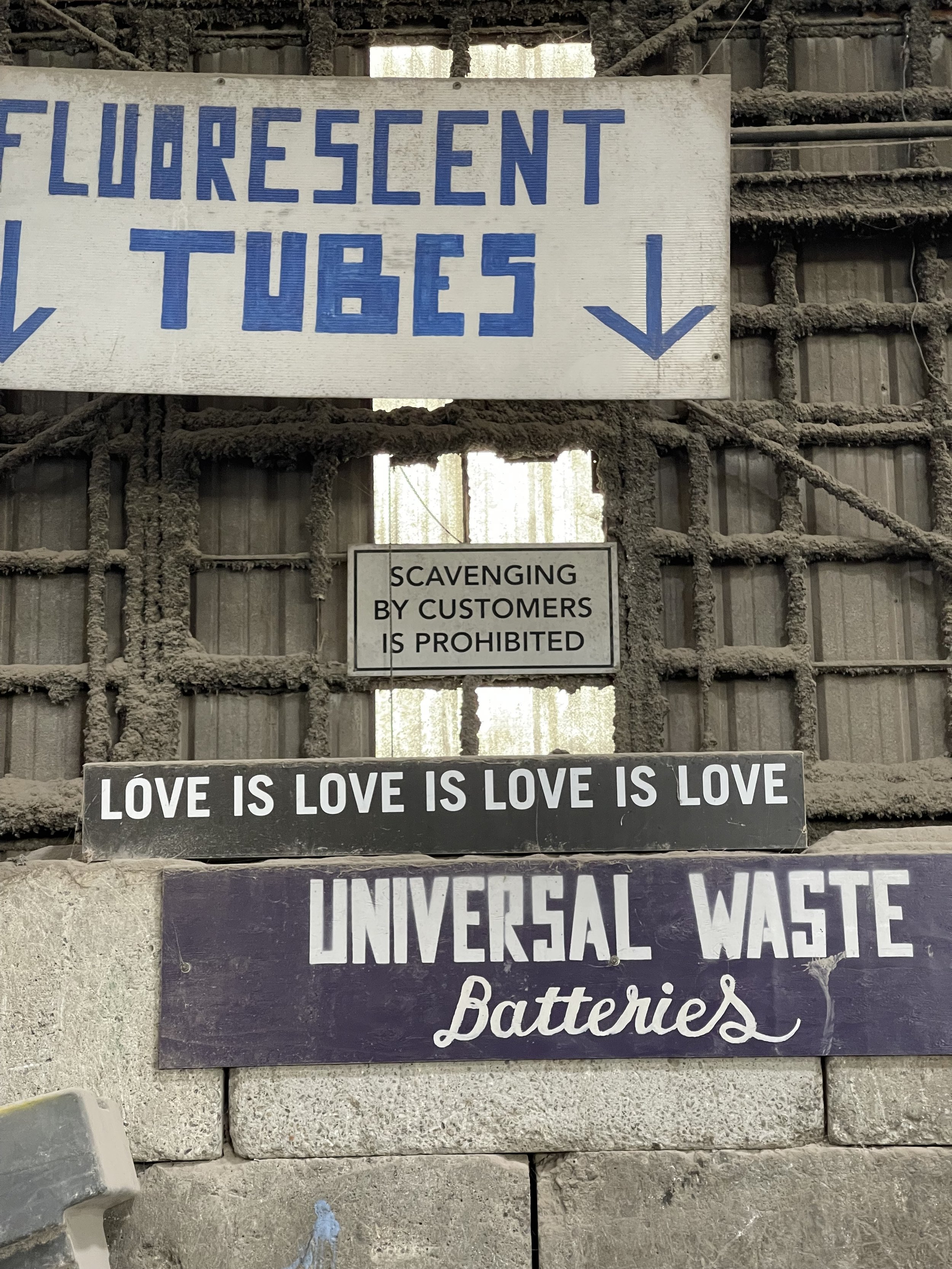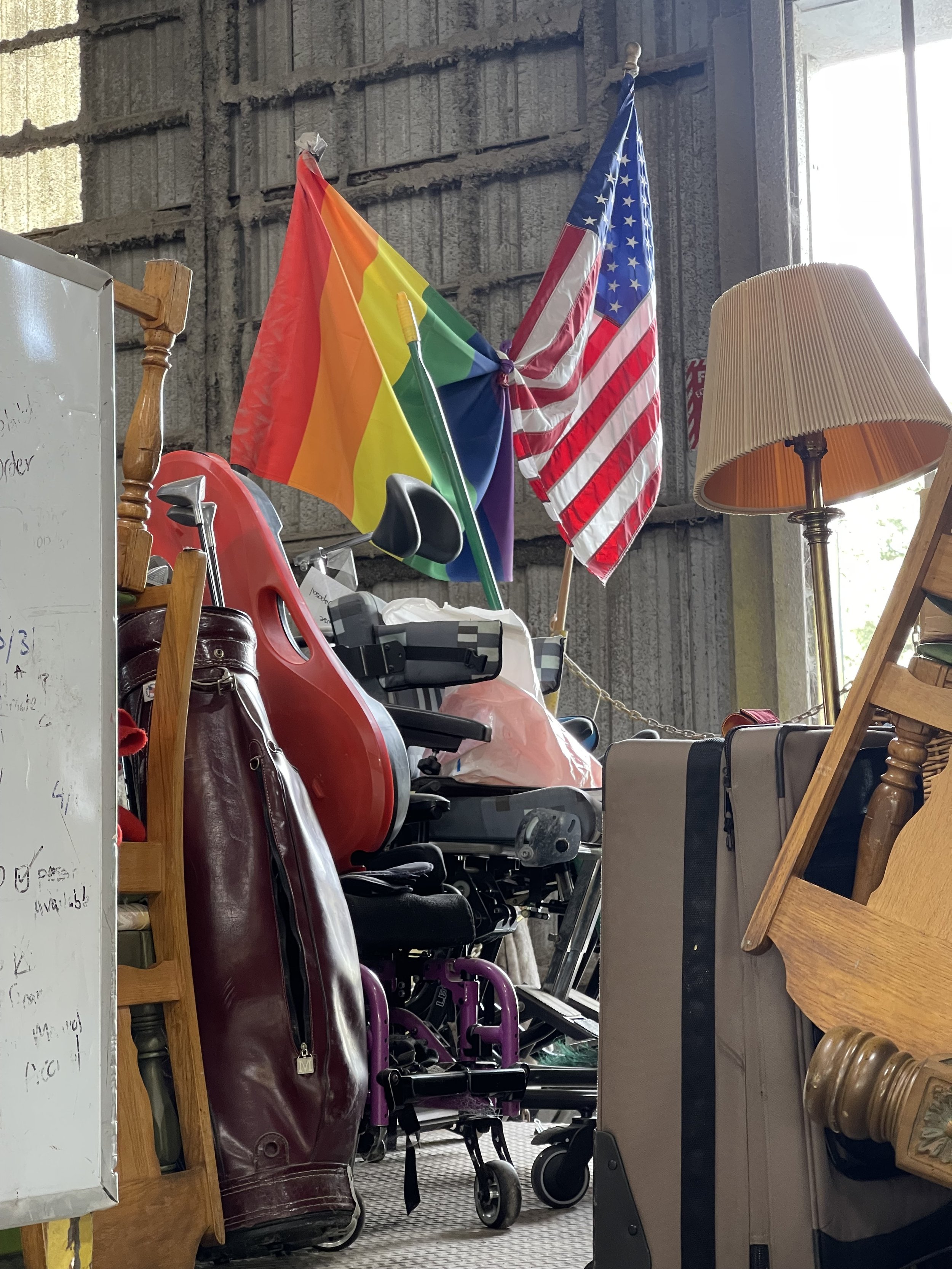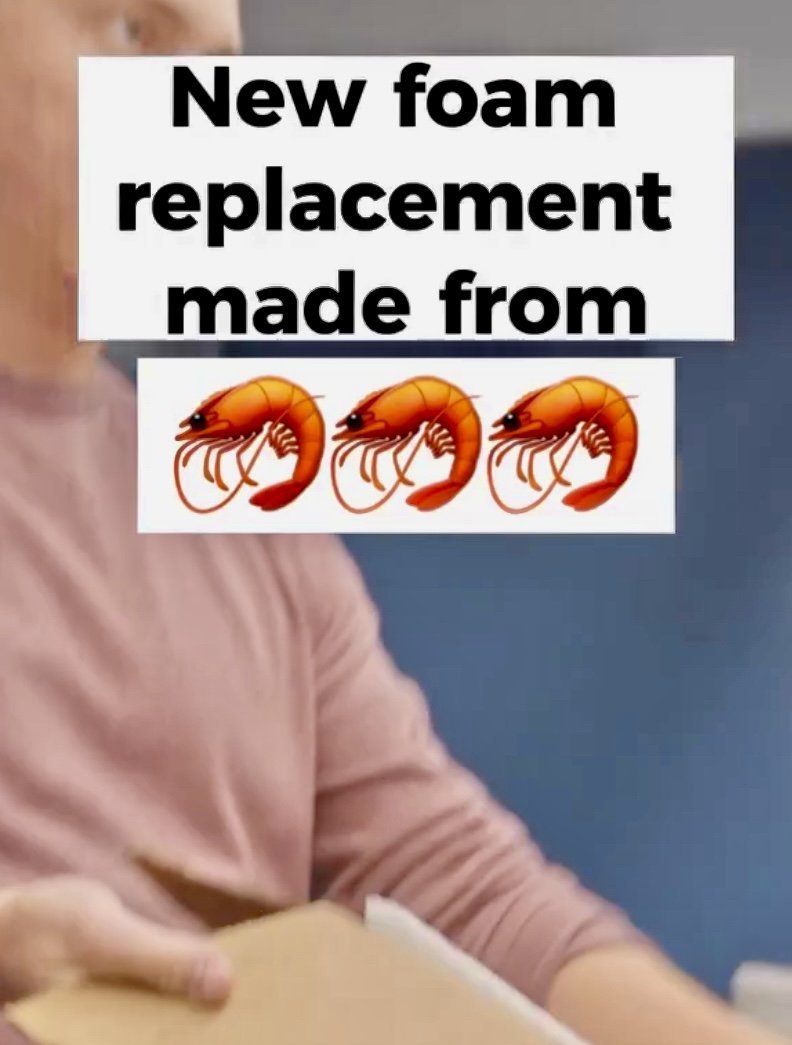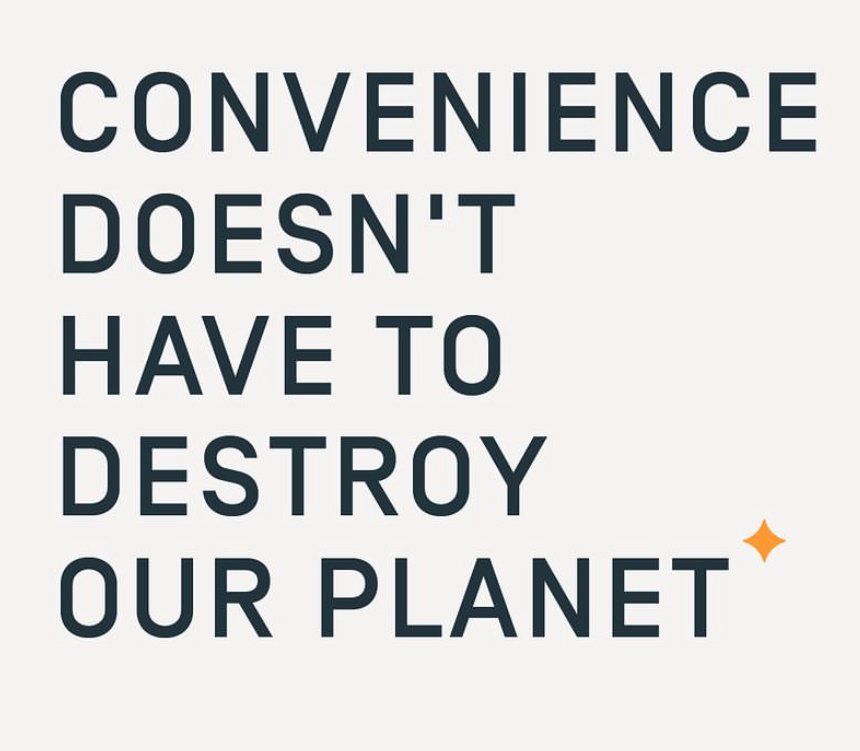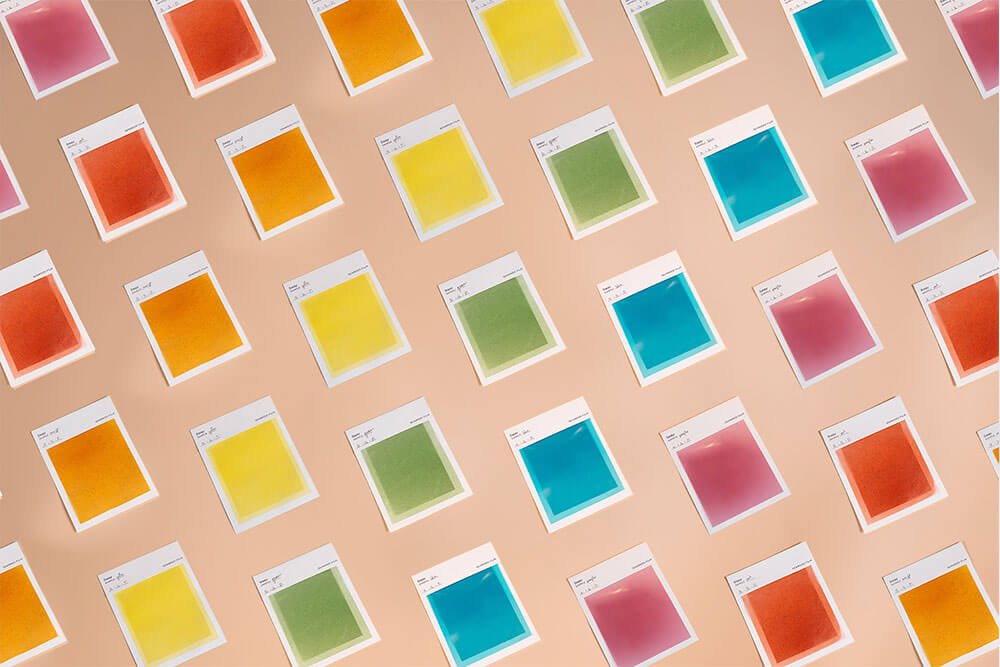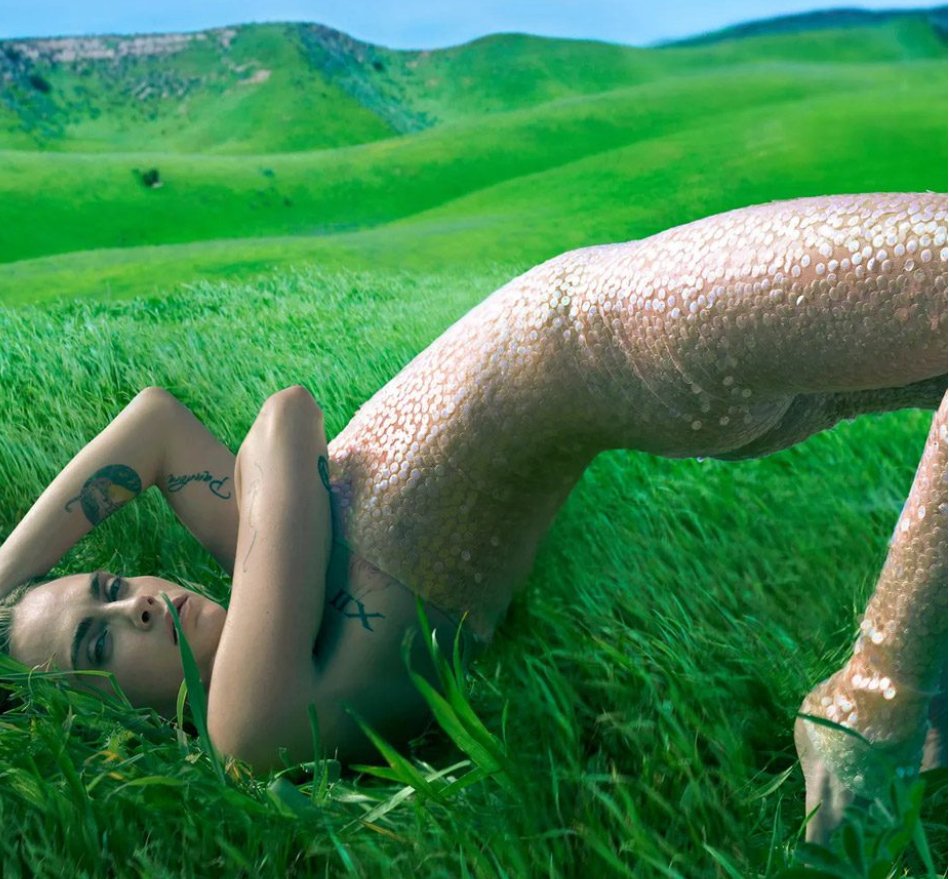Hello again.
For those who joined us on November 2 in Studio Barndiva for our first ‘Conversation Worth Having,’ and to all who are reading about CWH for the first time, welcome! Our goal for this homegrown series is to explore ways to live lighter on the ground, taking our cue from Johanna Macy that “whatever the limitations of our lives, we are free to choose which version of reality – or story about our world – we value and want to serve.”
Our first conversation centered around something we deal with every day - our messy, smelly, garbage. Our hope was that with a simple shift in perspective and purpose, we might come to see garbage transformed into the very fragrance of life: healthy soil in which to grow the food we eat. We loved the group the evening attracted and were energized seeing old friends and making new ones. We are humbled and cautiously optimistic that our first conversation continues to grow, engaging stakeholders across Sonoma County - including supportive elected representatives - who are seeking proactive answers to some of the questions and challenges raised at Gorgeous Garbage.
Ah, but talking about trash is not talking about garbage. Trash can’t be transformed into something life affirming. There is no happy ending here….or so it would seem. So…where to begin?
If we define trash as all the things we throw away, objects we once desired or deemed necessary in our lives that eventually cannot be recycled or re-purposed – there’s no refuting the fact that to some degree we all contribute to global landfills, oceans filled with junk. It’s a deeply depressing thought. Increasingly so when you consider that all those ‘things’ we accumulate over a lifetime may take hundreds of years to ‘disappear,’ and depending on what they were made of leave toxic trails in earth, sea, and sky.
From the outset, we have wanted our Conversations with this community to be empowering, not depressing. But beyond supporting organizations focused on cleaning up the toxic mess we leave in our wake, literally strewn across the globe, we found ourselves asking what changes we could make in our lives right now - alongside simply consuming less - which would provide the creature comforts we desire alongside taking health of the planet into account… making it a priority?
A field trip to tour the facilities of Recology in SF and a thought provoking session with the director of their Artists in Residency Program, the remarkable Deborah Munk, was an eye opener for the four of us. We all learned how we can do better separating our trash to make it easier to recycle things that can be repurposed. But invariably we had to confront the fact that recycling is but a drop in the polluted oceans of a world we keep filling up with single use plastic. We came away from that afternoon convinced we needed to find a better way to present a conversation about trash - one that considered how to change the way we live right now. That conversation needs to start with how we behave as consumers.
We are all inundated, every minute of every day, with invasive information technology re-writing the small print of our DNA on what to aspire to, how we should live. How do we circumvent this complicity of desire instigated by an entire system rigged to make us want to buy, buy, buy? Is it possible to use the power we have as consuming individuals and communities to shape what gets made in the world, before it is created? How do we change the way we ship and carry things from one place to another, through our doors and into our lives?
Perspectiva’s Johanthan Rowson explains this conundrum thusly:
“Consumerism is unsustainable, unrewarding, and ultimately absurd. Yet it endures because it meets a range of emotional and social needs, and because it is conveniently operational — ‘it works’ or at least it seems to. It is certainly hard to imagine replacing it. And yet we have to sail our imagination in precisely that direction.“
If we could sail our imaginations in that direction, cease transgressing a range of red line ecological boundaries, where would we land?

